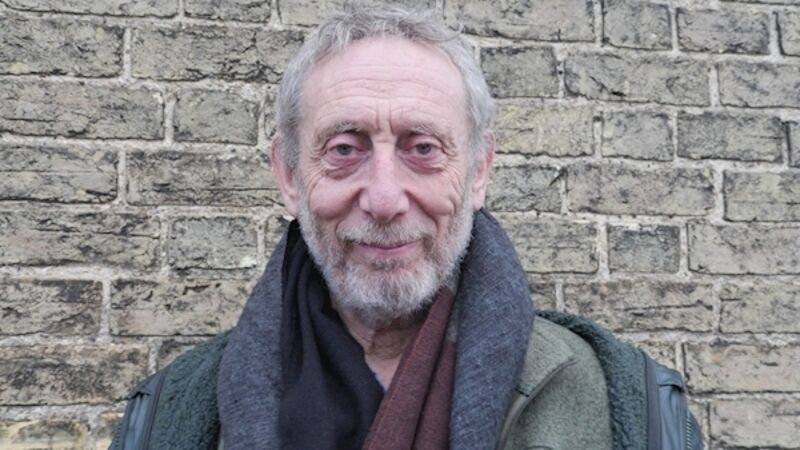Michael Rosen on why we should go on playing in whatever way we do

In his latest book, Michael Rosen aims to encourage all of us to go on playing in whatever way we do, writes .
When Michael Rosen was a child, off camping with his family, he and his brother would flick aluminium plates to see who could get them the farthest.











